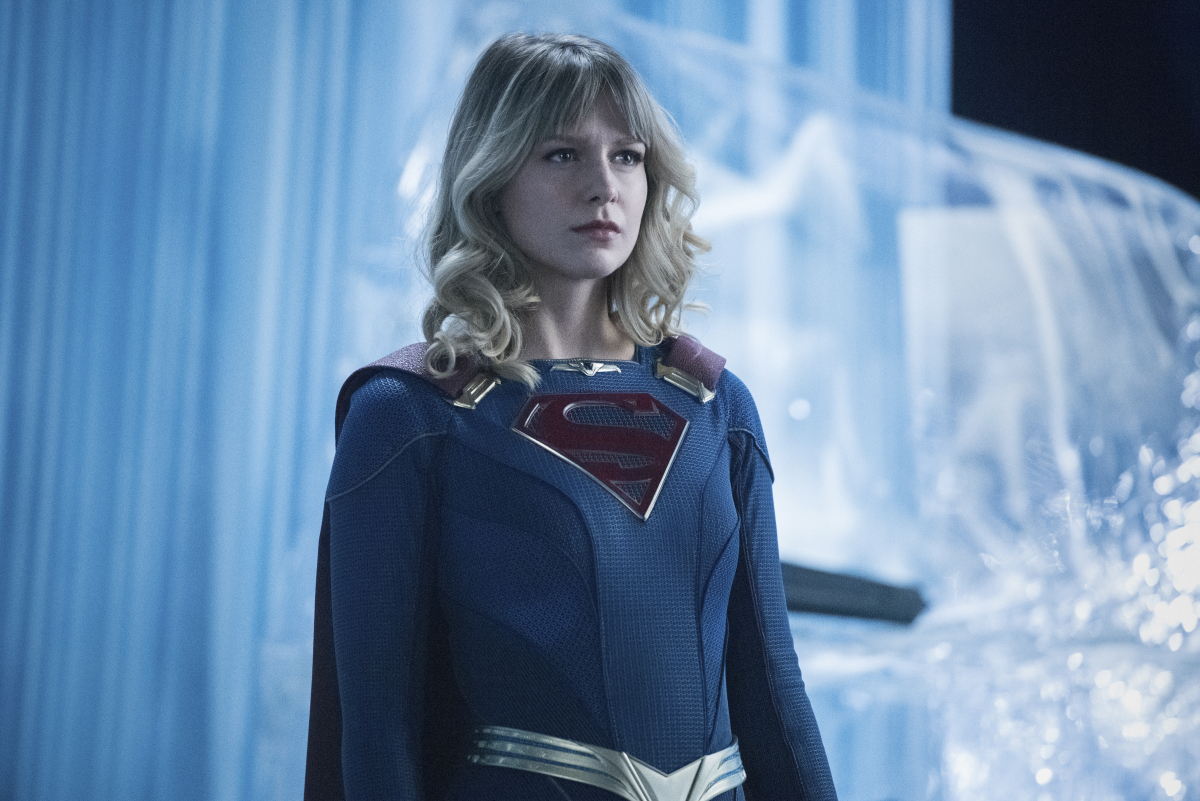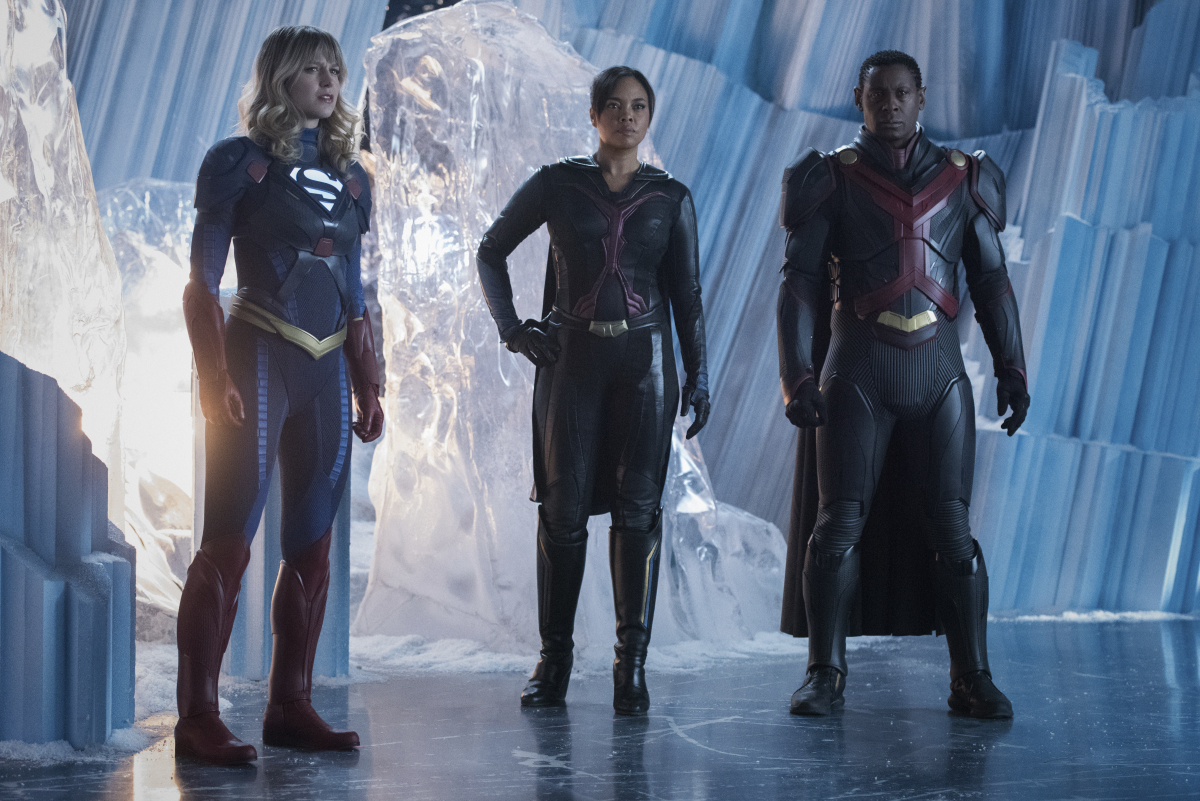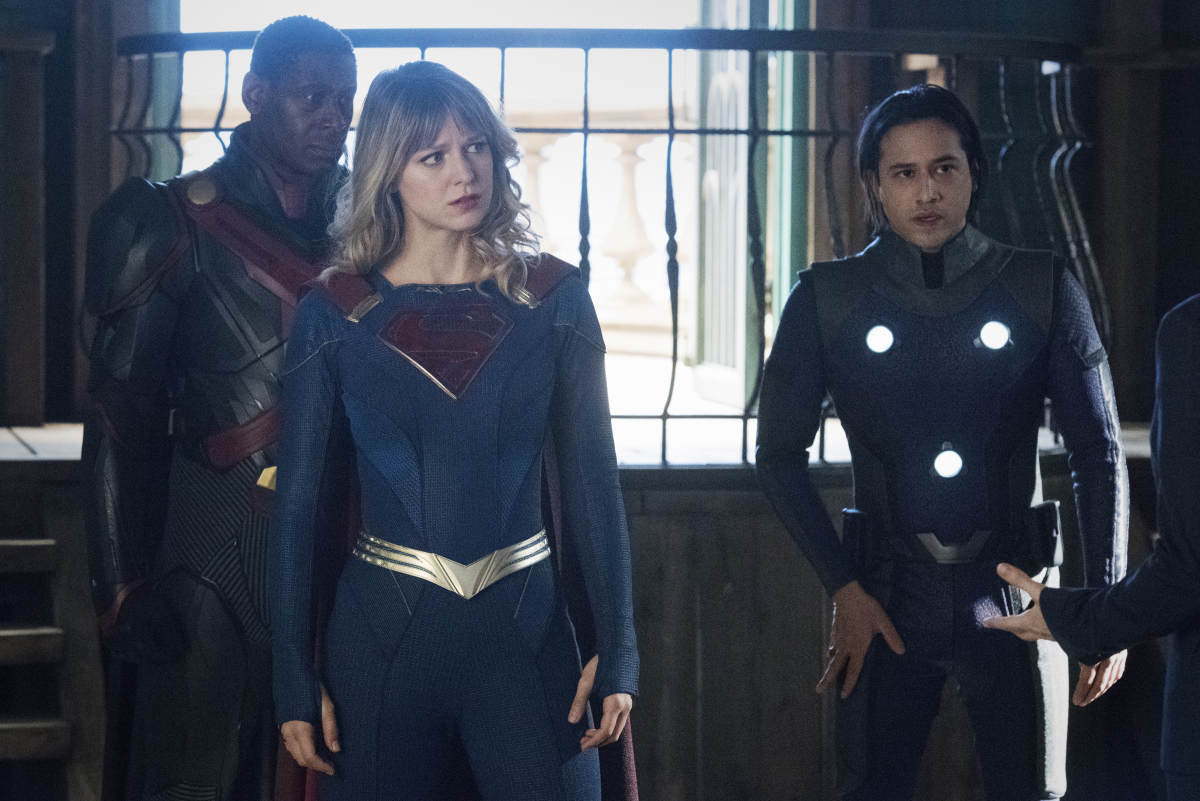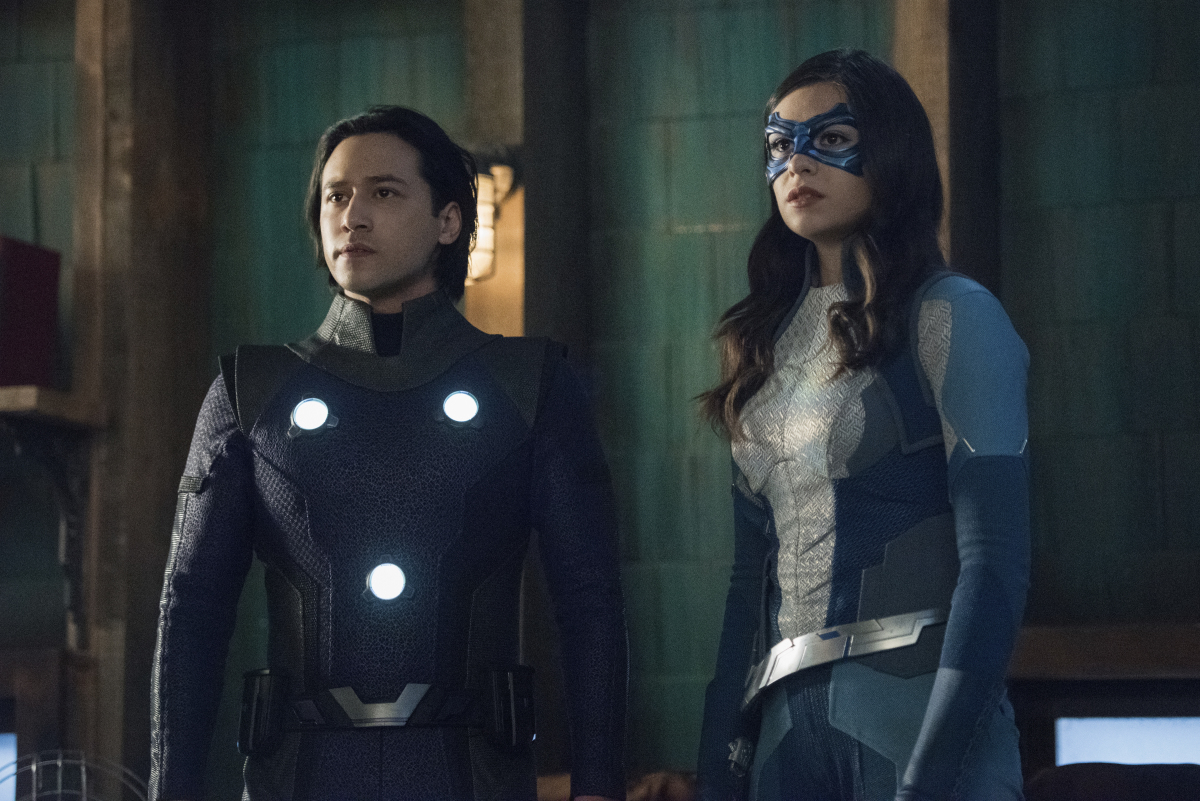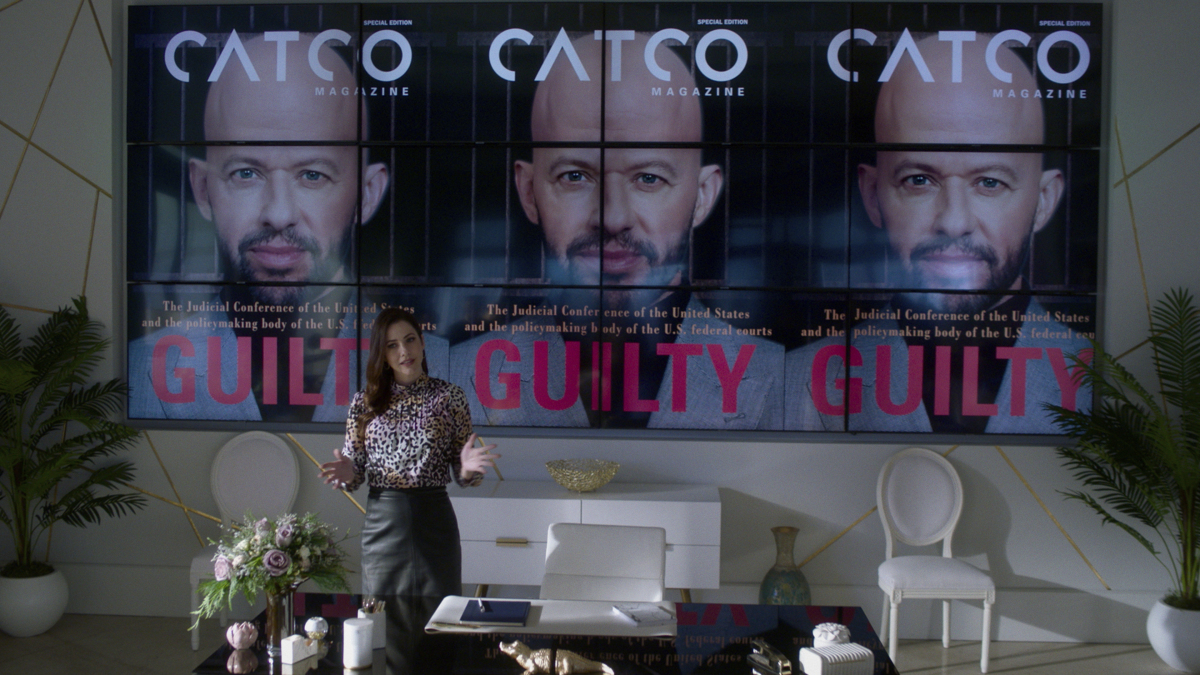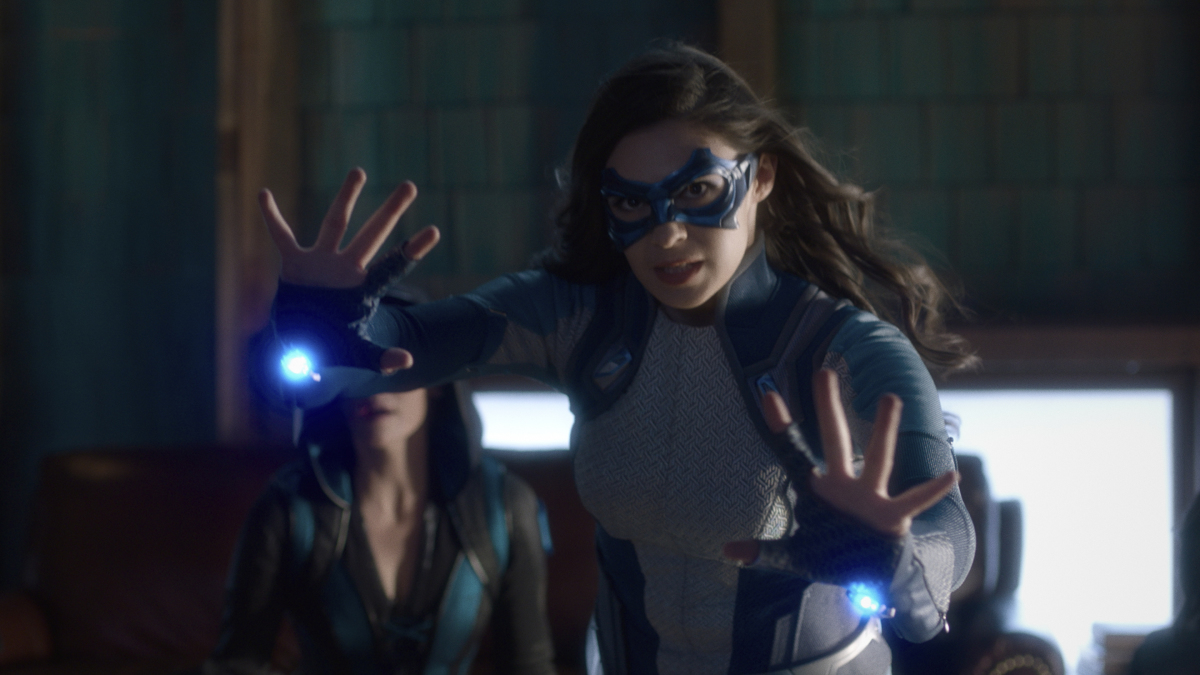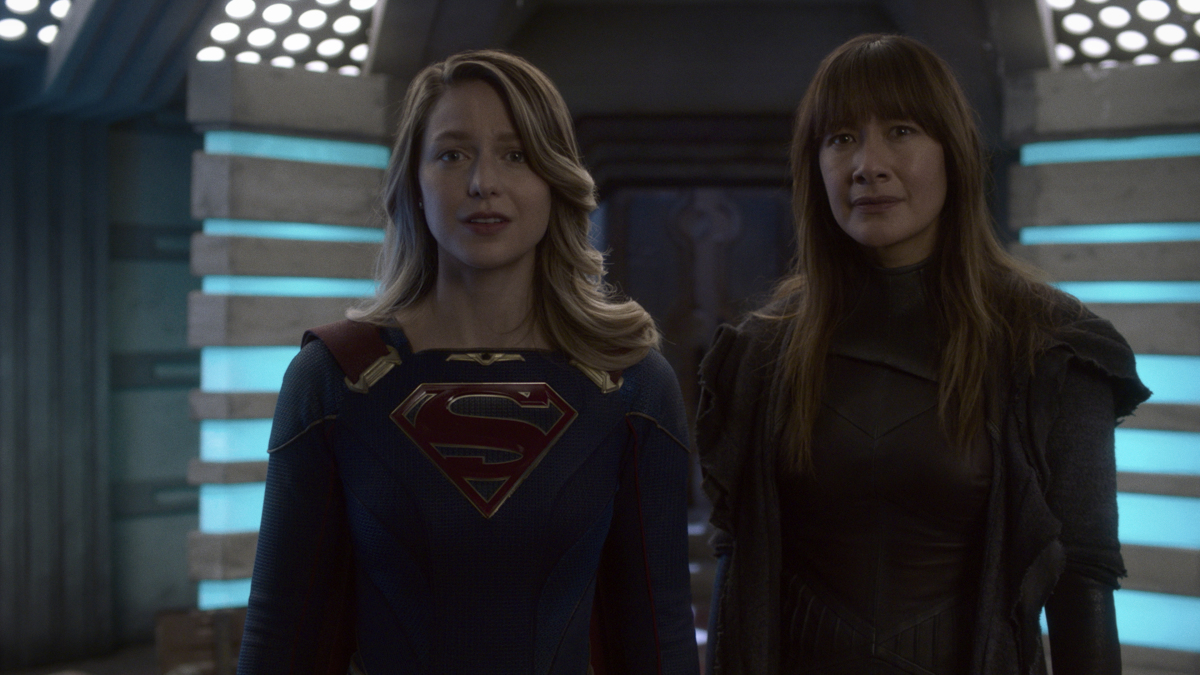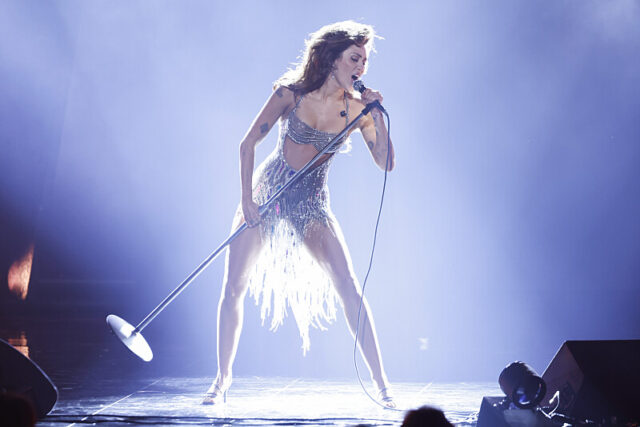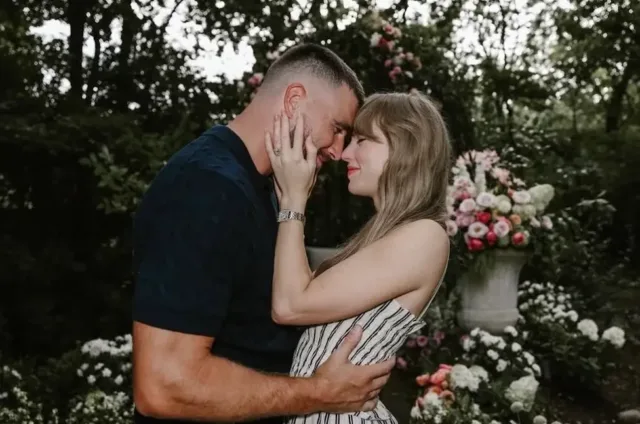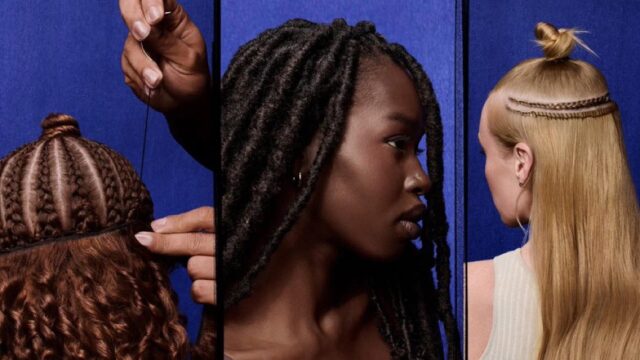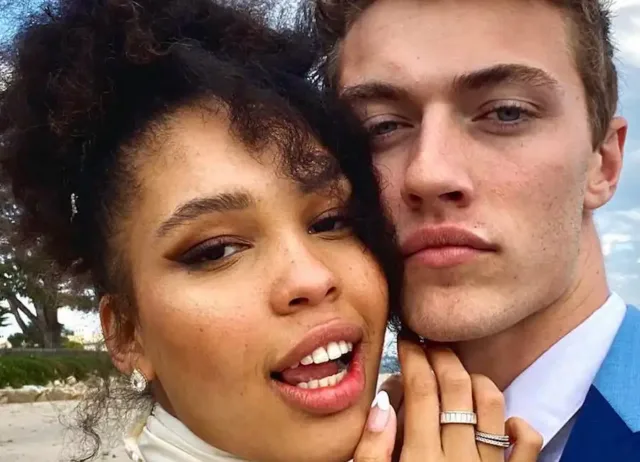INTERVIEW: The CW’s ‘Supergirl’ Showrunners Jessica Queller and Robert Rovner Chat All Things Power, Inclusivity, and Social Justice
Fans are excited for the sixth and final season of The CW series Supergirl. DC character Supergirl, aka Kara Zor-El played by Melissa Benoist, is all about owning her superhuman abilities and living her best superhero life. Executive producers Jessica Queller and Robert Rovner are sharing some insight into what fans can expect as the series unfolds.
For those new to the series and binge-watching at the moment, Kara escaped Krypton at only twelve and was sent to Earth and raised by a foster family, including her foster sister, Alex (Chyler Leigh). Kara essentially had to learn to hide her powers she shares with her famous cousin, Superman, in order to stay anonymous.
After a plane crash many years later, Kara was forced to use her superpowers to save her foster sister Alex. Now, she lives a double life as a reporter for CatCo Worldwide Media and moonlights as Supergirl. She’s protecting National City and the Earth with social justice at the forefront. Kara endures in the fight for what’s right with her sister Alex, her mentor, Martian Manhunter (David Harewood) including friends Brainiac-5 (Jesse Rath), Dreamer (Nicole Maines), Kelly Olsen (Azie Tesfai), and Lena Luthor (Katie McGrath).
This season has Kara confronting mortality and joining her friends in battling social issues such as prejudice, racism, and intolerance. To make matters worse, a new villain is causing havoc in National City.
We chatted with Supergirl executive producers, Jessica Queller and Robert Rovner, about working together on the series, the final theme for the last season, Kara’s mortality, working during COVID-19, Kelly Olsen as Guardian, inclusivity, and so much more. Read below on what they had to say.
GLITTER: What is the main theme for this final season of Supergirl, and why did you decide on that as the final theme?
JESSICA: The main theme for this season is power, the abuse of power, the limits of power both within and without from our Super Friends. Robert and I love to tell stories that reflect what’s going on in the real world. We feel that this is timely and also really an examination of the type of limitless power that our heroes have been granted from the beginning and the lack of checks and balances now that they’re working on their own and not in the DEO. And even with the best of intentions, can there be blind spots? Are there blind spots? And who’s the arbiter of what the limit is?
GLITTER: How does Kara Danvers deal with her own mortality in this final season?
ROBERT: Well, you know, I think she’s challenged within the Phantom Zone coming to terms with is she going to get out of here and how does she maintain hope in a place that seems hopeless? So it kind of brings her to a much more dark, introspective place, and we get to see the challenge of that play out over the first part of the season.
GLITTER: Will Kara have to do a lot of soul-searching?
JESSICA: Absolutely, she will. She will have to do a lot of soul-searching in all parts of this final season; the beginning while she’s in the Phantom Zone and then to reconcile the themes we’re talking about. We really hope that this is the evolution of Kara Danvers and Kara Zor-El as a human being and as a hero, hailing back to what we saw as a very sort of insecure, innocent character in the pilot until we reach this very authentic, integrated, powerful woman by the end of the series.
GLITTER: Will we see any familiar faces return as the season plays itself out?
ROBERT: We are hoping to. Still figuring all that out, but our plan is to bring back some people and characters that the fans will be excited to see.
GLITTER: Will Supergirl continue to speak out for social justice issues right up to the very last episode?
JESSICA: Absolutely. That’s one of our main focuses this season. We’re doing a bunch of social justice-specific episodes. That’s a thread throughout all of our storytelling, finding new ways and different ways to be an advocate for all sorts of walks of life and disenfranchised people. Forever Supergirl will stand up for people who need an ally.
ROBERT: Just to add on to what Jessica said, our theme is about power, and a part of that is, “How do these powerful superheroes try and hope to empower the people?” So, it’s Supergirl trying to figure out an advocate for that as well. So that everyone feels empowered.
GLITTER: For those that don’t know, how is the show inclusive overall?
ROBERT: We have a very diverse cast and diverse characters on television that we think it’s important for the show to be representative of the world as it is. So we try and showcase and have it reflect on our society and the people that live in it. So we are excited that we’re able to tell a lot of stories from a lot of different perspectives.
GLITTER: You both co-produced on the ABC series Blood and Oil. Did that help you bounce ideas off each other, having previously worked together?
JESSICA: The funny thing is we worked together on that show, but we weren’t working as a team like we are now. So we were fond of each other, but we really didn’t develop our partnership until we did this show.
ROBERT: I think what Jessica was saying, we really didn’t work that much together. And then, as fate would have it, we both ended up on Supergirl together, and it’s been a great collaboration since then.
GLITTER: You also tease that Kelly Olsen becomes Guardian this season. Can you share any insight, without giving too much away, of what kind of went behind that? Was it just her taking up the mantle for her brother James, as he’s the original Guardian of National City, or is there something more to it? Is she more powerful, or is there anything you can kind of share with that?
ROBERT: Kelly’s Guardian story is very personal to Guardian, and it grows out of other things that she’s doing at the time and how she can do more and be more of an advocate for the community. So it’s a very personal story for Kelly, just as it was for James. But it’s unique to Kelly. She’s not becoming James’s Guardian; she’s becoming her own version of Guardian.
GLITTER: How have Covid-19 restrictions impacted the series finale? Did you have to change course on how you wanted the series to end because of it? How did it impact you overall?
ROBERT: I mean, it impacted us greatly, I think. We’ve changed the way we shoot the show to make sure everybody is safe. Our priority is keeping our cast and crew safe. But the downtime also allowed us, once we realized it was the final season, to really step back and take the time to figure out what we wanted this season to be about.
And the message of Supergirl overall; what we want it to be about, beyond just hope and compassion. It allowed us time to really craft a season that we’re excited about that really completes Kara’s journey and also speaks to what we want, the message of the show, as Jessica said, to be about. So we’re excited about that.
GLITTER: Do both of you have a favorite episode that stuck out to you, and if so, why?
JESSICA: Gosh, there’s so many. You go first, Robert.
ROBERT: I mean, there are a lot; I think that I’m very fond of the first one Jessica and I wrote, which was season one, which is Falling, and it was a Kara dealing with the red kryptonite. But I’m also very proud of a lot of our social justice episodes and what we were able to accomplish in season four. Also, we have a lot of outstanding episodes coming up this season. So I’m proud of a lot. It’s tough to pick a favorite.
JESSICA: It’s hard to choose.
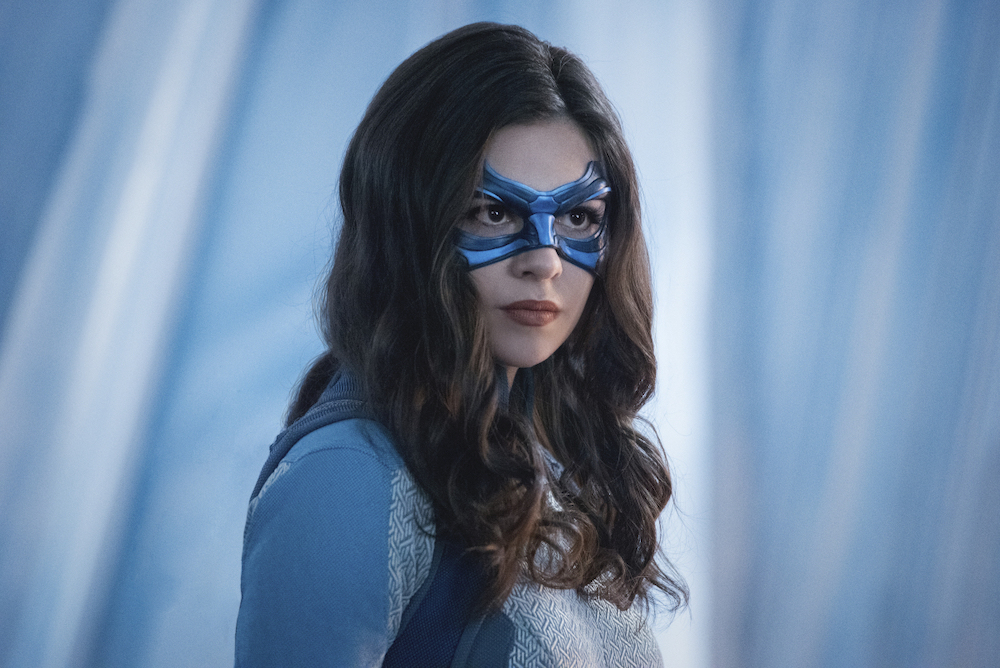
GLITTER: Lastly, you know, outside of what you’ve already shared, is there anything else that you can tease her share of what fans can expect for the rest of the series?
ROBERT: I think that the first half of the season is very emotional because it’s dealing with getting Kara back. Then, in the second half of the season, beyond a lot of the stories we already told you about, we’re dealing with a villain, unlike anyone they’ve really faced before. So we’re excited about that and how the stakes get raised by the end of the season and in a very epic way.
JESSICA: And just that we’re going back to the core principle of the series, which is family and chosen family, and how the two sisters in the pilot have started as the heart of the show and then along the way, their band of best friends and chosen family have become the heart of all the stories that we’re telling. So that’s where our emotional focus will end the series.
GLITTER: Jessica and Robert, thank you so much. We’re looking forward to seeing the rest of the series. Thanks for taking time out to chat with us.
ROBERT: Of course.
JESSICA: Thank you.
Listen to their full interview below and watch full episodes of Supergirl on The CW here.
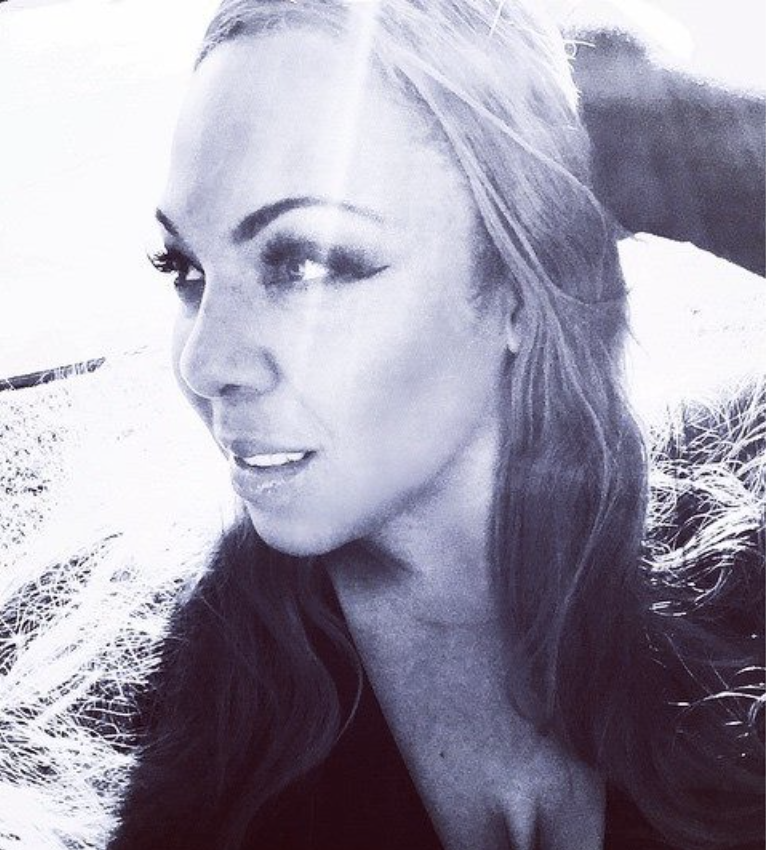
Award-Winning Publisher

